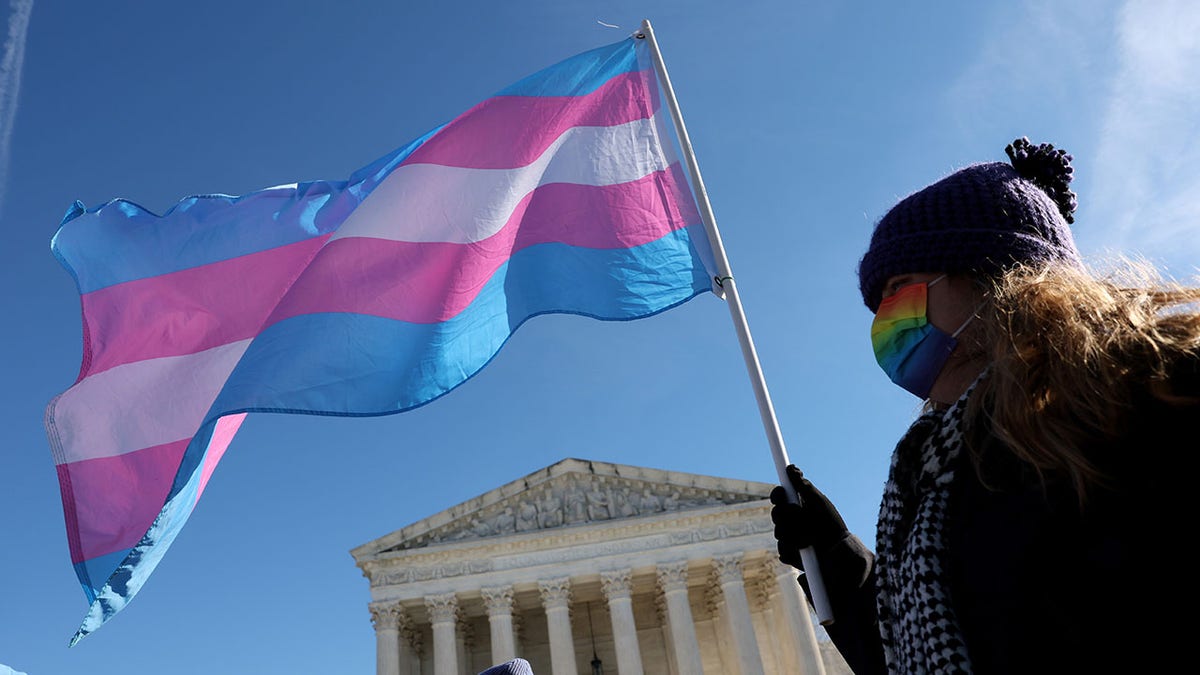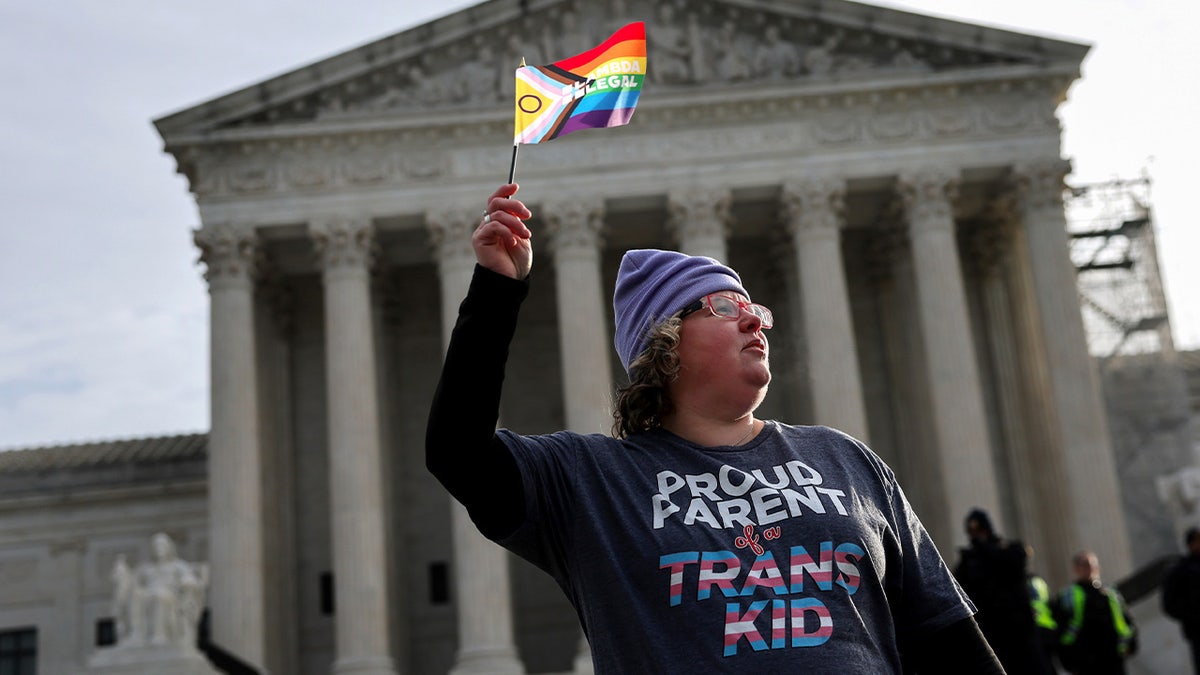Amidst a Supreme Court debate over Tennessee's puberty blocker ban in the U.S. v. Skrmetti case, The Washington Post has questioned the scientific backing for gender-transition treatments in minors. The editorial board highlighted the need for rigorous, large-scale studies to validate the efficacy of such treatments, citing concerns that positive results from smaller studies may not hold up under broader scrutiny.
The Post emphasized the importance of randomized controlled trials, the gold standard for drug evaluation, to ensure that initial positive outcomes are not simply statistical anomalies. This comes as the Supreme Court's decision in the Skrmetti case is anticipated to set a legal precedent for transgender treatments for children nationwide.

The editorial board also noted a case of a California doctor who withheld a study showing that puberty blockers did not improve mental health, fearing misuse of the findings by critics. The Post stressed the critical role of publishing both positive and negative research results for medical advancement. The lack of comprehensive data and potential publication bias were cited as reasons for parental concern and justification for state-level restrictions.
The debate extends beyond the United States, with several European health authorities expressing reservations about the evidence supporting puberty blocker use in minors. The United Kingdom recently banned the use of puberty blockers indefinitely due to safety concerns. The Washington Post ultimately called on the federal government to fund rigorous research, overseen by impartial scientists, to provide clearer answers regarding the efficacy and safety of these treatments for children experiencing gender dysphoria.

The ongoing Supreme Court case, U.S. v. Skrmetti, challenges a Tennessee law prohibiting gender-transition treatments for minors and imposing penalties on healthcare providers who violate the ban. The outcome of this case is expected to significantly impact the legal landscape surrounding transgender healthcare for minors across the country.








